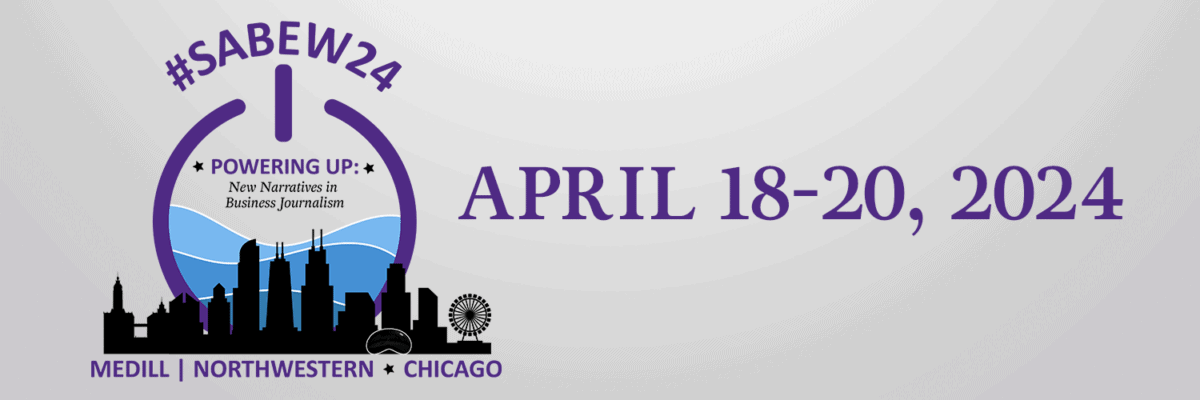By Hailey Mensik
The Cronkite School
Talks of immigration and trade in Arizona consumed much of U.S. Sens. Kyrsten Sinema and Martha McSally’s SABEW sessions in Phoenix.
Both expressed a need to fix the country’s legal immigration system, as a surge of migrants at the U.S. Mexico border have officials calling for its closure.
But with a low national unemployment rate, McSally, R-Ariz., is pressing for a better work visa system, citing a growing need for tourism and agriculture workers in the southwestern state.

“Everywhere I go in Arizona the economy’s doing great, but the main challenge is that people are looking for workers,” McSally said. “We need to legally bring in support to our economy that’s not taking jobs away but filling in the gaps.”
However, the Trump Administration’s most recent immigration proposal doesn’t include guest worker provisions, McSally said.
Sinema, D-Ariz., also shared qualms she has with the administration’s plan, which she views as too legislative and impractical.
“It is highly unlikely that major changes to immigration laws are passed in this United States Congress,” Sinema said. “It is a deeply divisive time in Washington, D.C.”
She wants to fix the structural problems causing the surge of migrants, she said — one of which she believes to be drug cartel’s human smuggling operations.
Sinema said cartels in Central American countries have created entire business models of smuggling people and their families into the U.S.
“What we have to do as a government is change that business model so it’s no longer an effective one,” she said.

With a global trade war also in loom, the senators expressed concern for the impact one could have on Arizona businesses and consumers.
Sinema chided the ongoing threat, calling it manufactured and inappropriate.
“The way to get China to behave differently is not through a manufactured trade war that hurts Arizona businesses,” she said.
Arizona industries that rely heavily on importing and exporting goods, such as manufacturing and agriculture, are especially at risk, she said.
Sinema said she’s working on legislation that would require the Department of Defense to confirm a national security threat before unilateral tariffs be enacted.
But McSally openly called the country’s largest trading partner, China, a national security threat.
“I’m a free and fair trader at heart, but China has been cheating for a very long time and not just in the way they do business,” McSally said.
“They’re stealing our technology, either illegally or legally, there are forced technology transfers, they’re stealing intellectual property,” she said. “It is a real national security threat, and it’s an economic threat.”






